Getting professional boat LPG gas appliance installations is the only way to guarantee your narrowboat’s heating and cooking systems are safe and fully compliant. On the UK’s inland waterways, LPG (Propane) is the lifeblood of the galley and the cabin, but it requires meticulous engineering to manage safely within the confines of a hull.
Our Gas Safe-registered marine engineers provide fully certified installations, ensuring your vessel meets the strict standards of the Boat Safety Scheme (BSS).
Why Professional LPG Installation is Critical for Boats
A boat is not a house. It is a self-contained, moving environment subject to constant vibration, dampness, and restricted ventilation. Because LPG is heavier than air, any leak will pool in the bilge, creating an invisible and highly explosive hazard.
- Vibration Resistance: We use specific marine-grade compression fittings and high-quality copper piping to ensure the system remains gas-tight despite engine vibrations and hull movement.
- Corrosion Management: Unlike domestic systems, boat gas lines are exposed to high humidity. We utilise materials specifically designed for the marine environment to prevent premature degradation.
- Legal Compliance: In the UK, it is a legal requirement under The Gas Safety (Installation and Use) Regulations that work on live-aboard vessels must be carried out by a Gas Safe registered engineer with a valid marine endorsement.
Comprehensive LPG Services & Appliance Integration
We don’t just fit pipes; we design complete systems tailored to your lifestyle. Whether you are a weekend cruiser or a full-time live-aboard, we ensure your gas supply is balanced for all your appliances.
1. Gas Locker Engineering
The foundation of a safe system is a compliant gas locker. We ensure lockers are properly drained to the outside, secured against movement, and fitted with high-quality LPG regulators and hoses.
2. Cooking & Heating Appliances
From fitting a new LPG cooker in a tight galley to installing complex LPG boilers for central heating, our installations prioritise both performance and clearance safety.
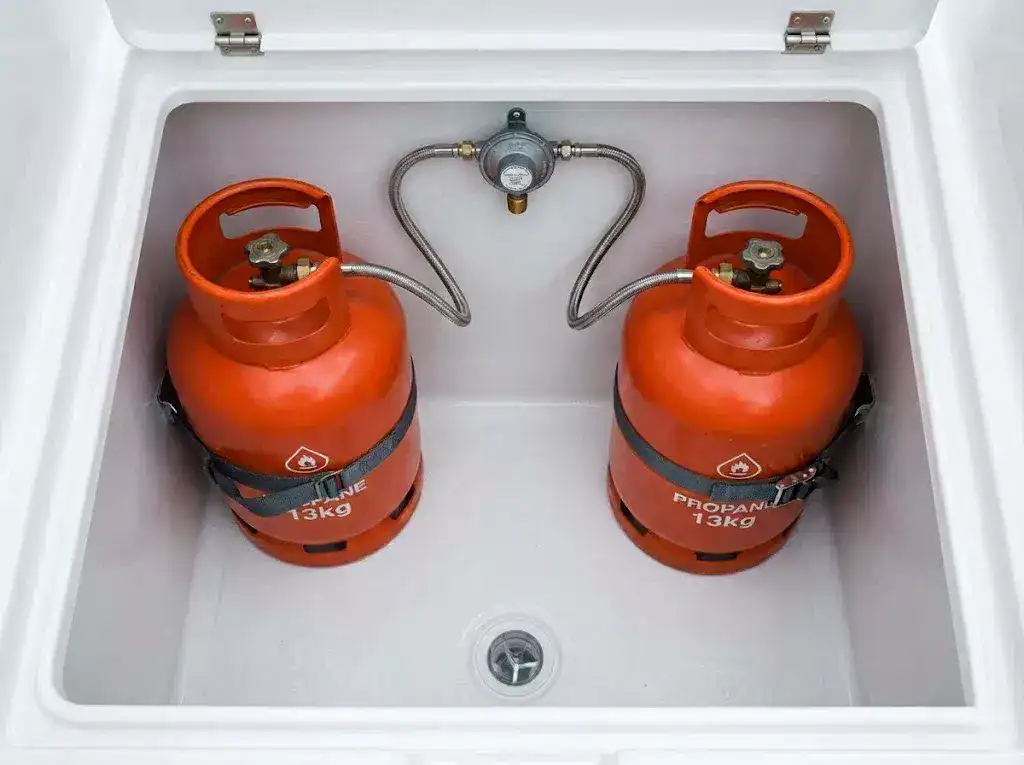
Our Certified Installation Process
Every installation follows a rigorous safety protocol that exceeds basic BSS requirements:
- Pressure Testing (Tightness Test): We perform high-precision let-by and tightness tests on every system to verify there are zero leaks.
- Ventilation Calculation: We calculate the exact ventilation required for your vessel’s volume to prevent Carbon Monoxide (CO) buildup.
- Appliance Commissioning: Every cooker, hob, and heater is tested for correct flame-failure device operation and combustion quality.
Book Your LPG Installation or Safety Check
Ensure your vessel is safe for the 2026 season with a certified gas system. Our team covers the entire UK canal network, providing professional peace of mind.
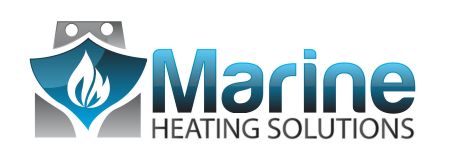
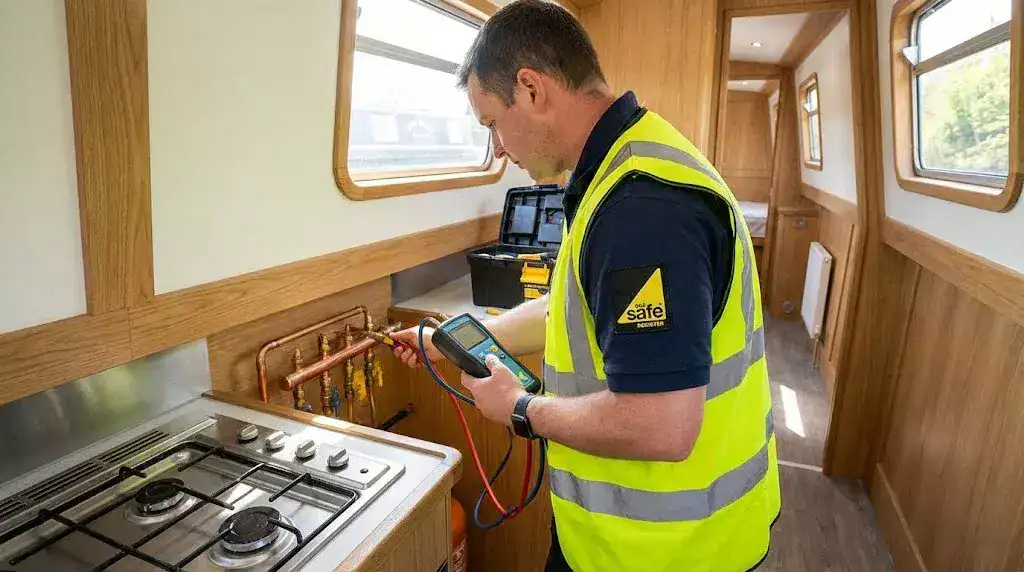
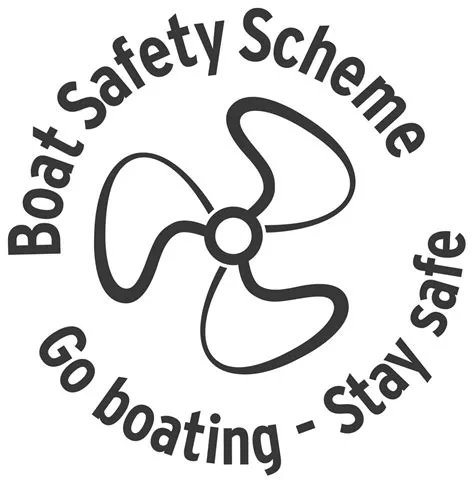
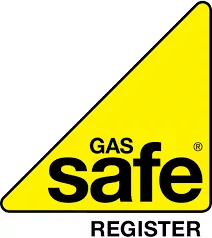
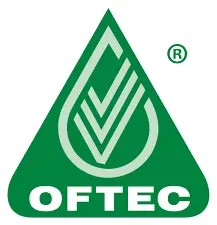
Comments are closed.